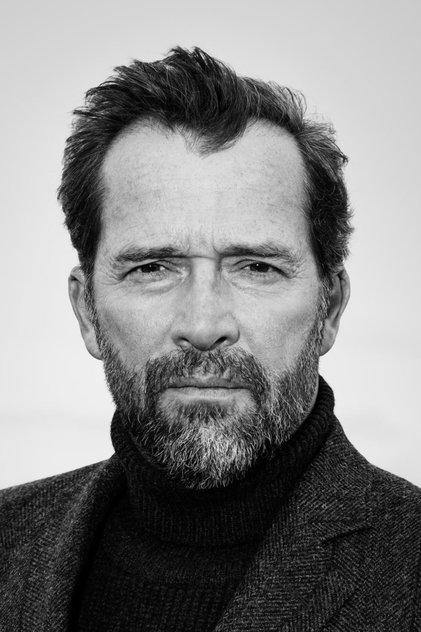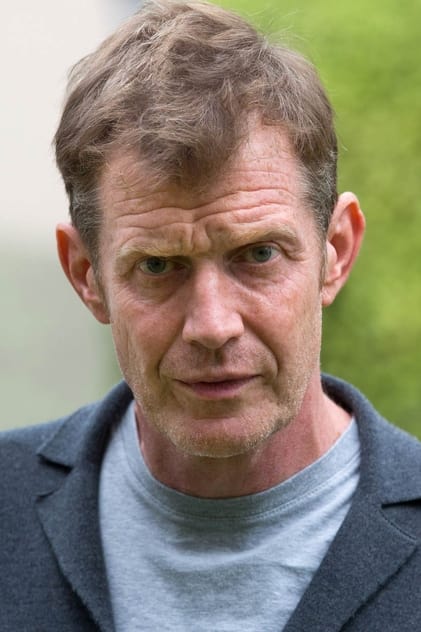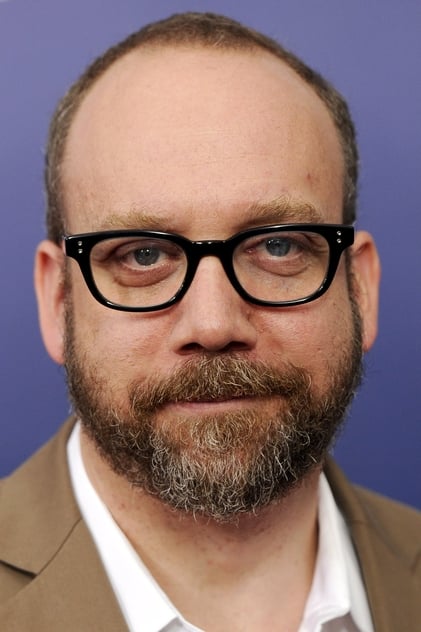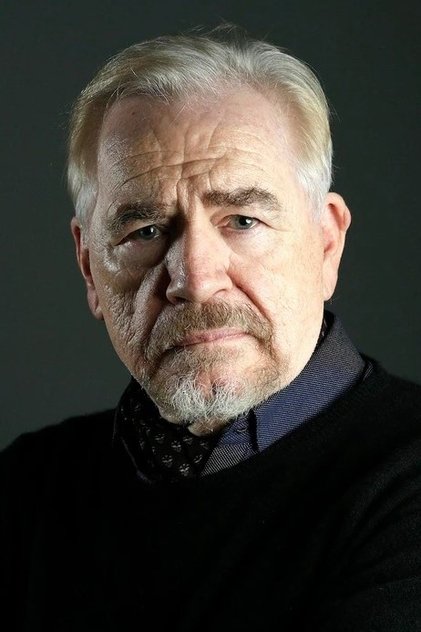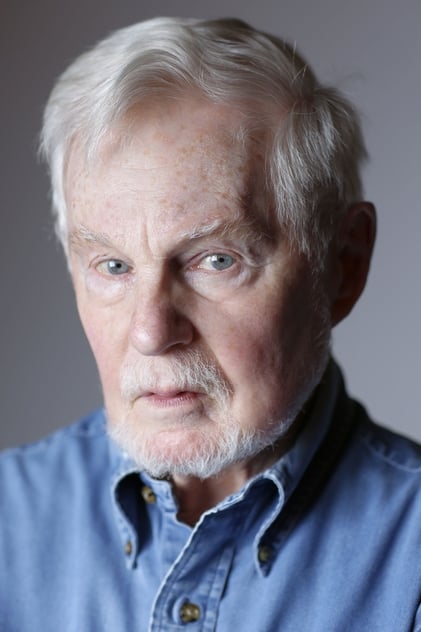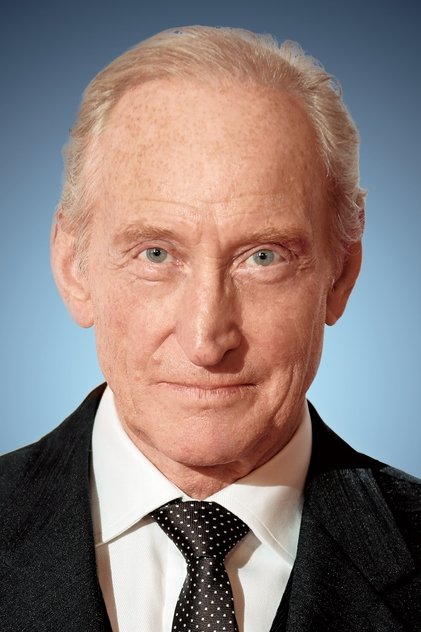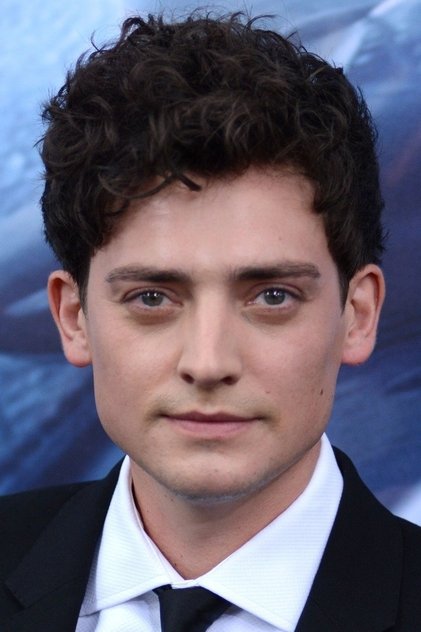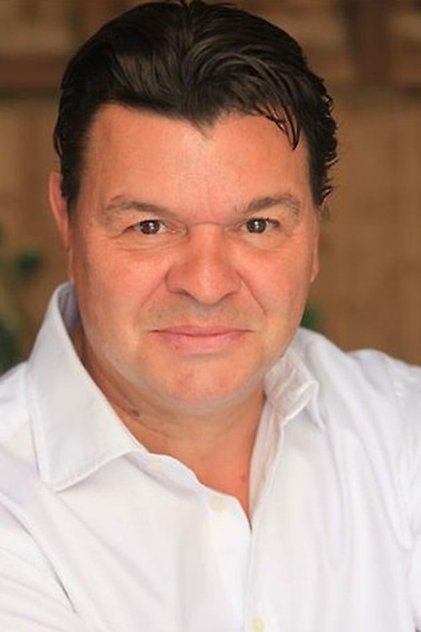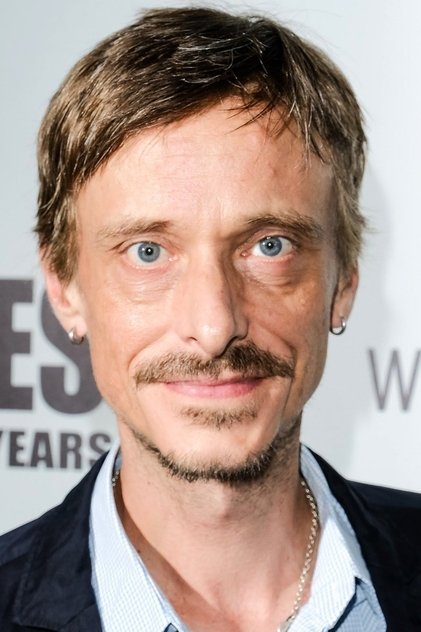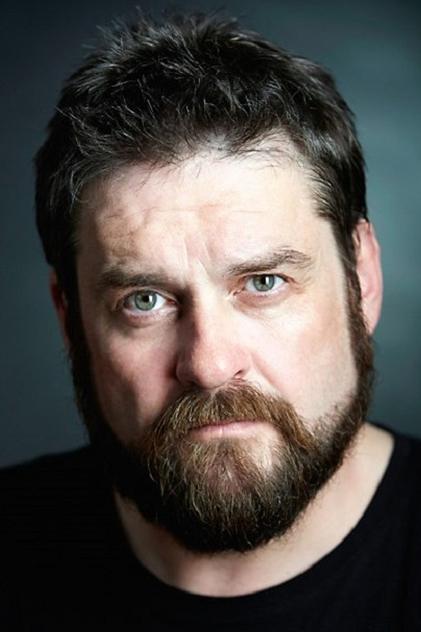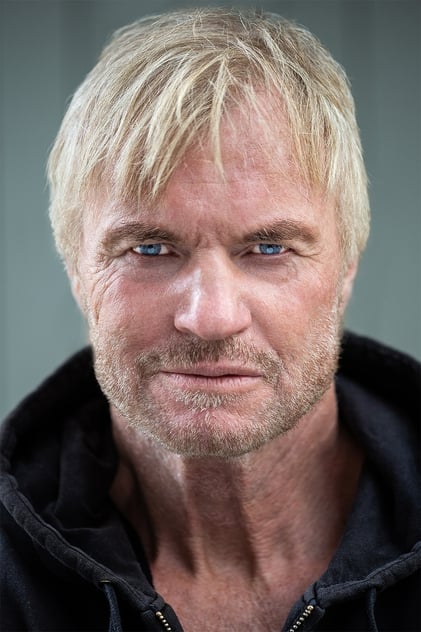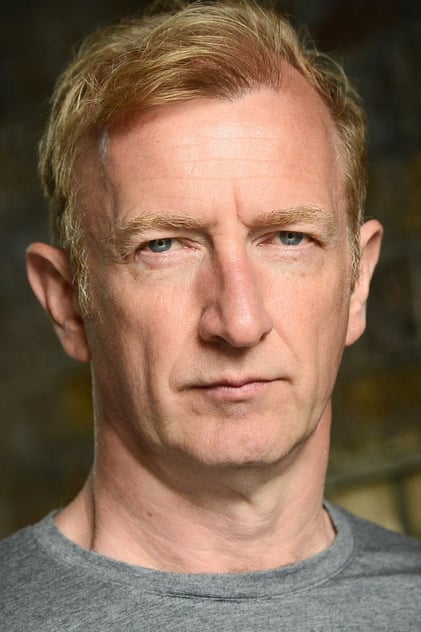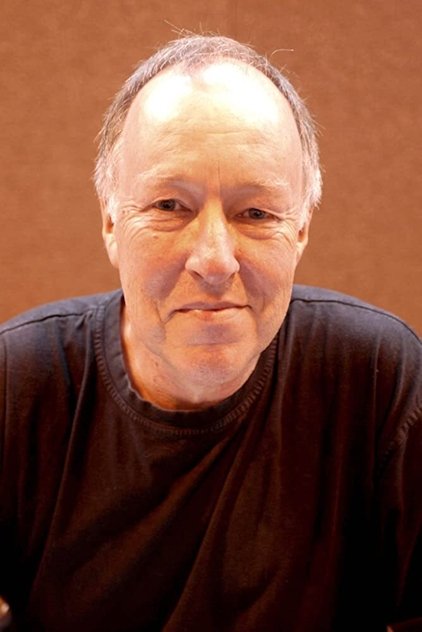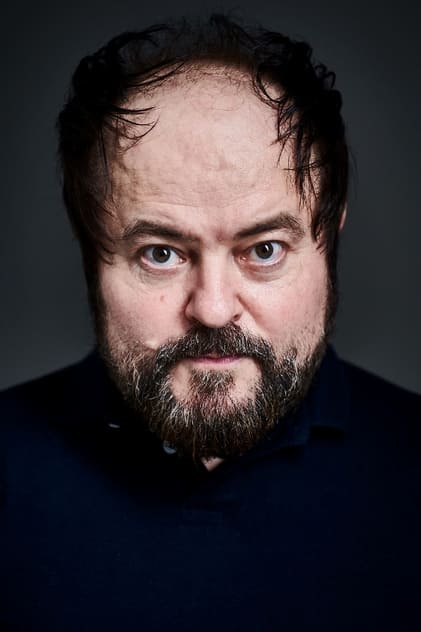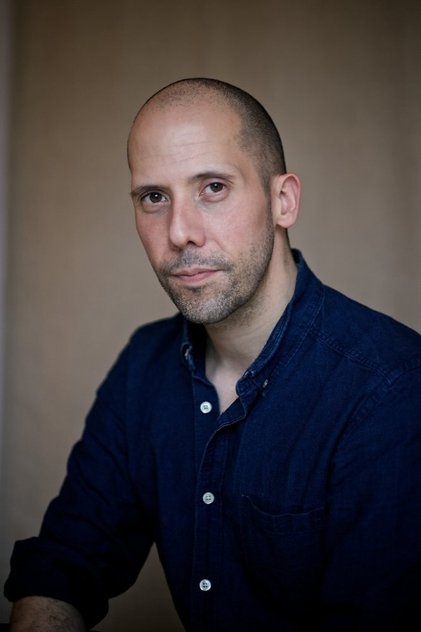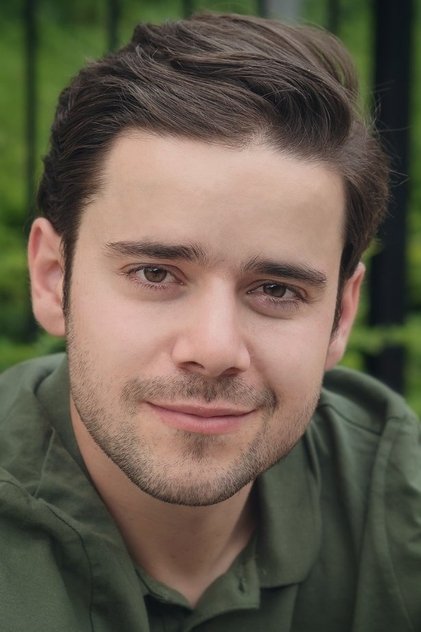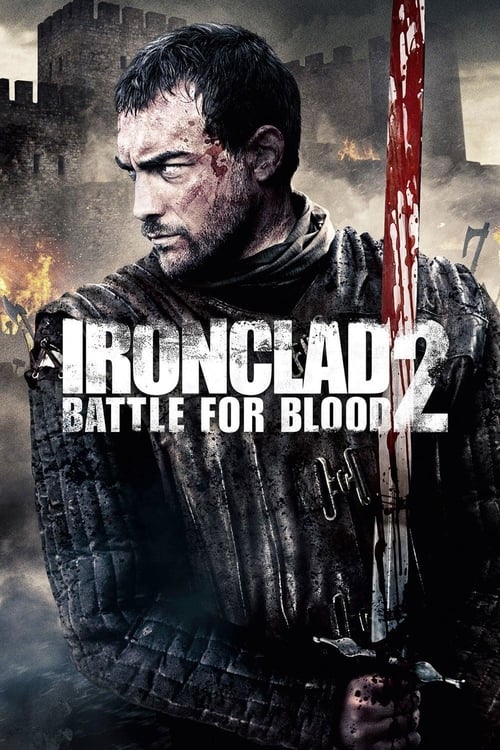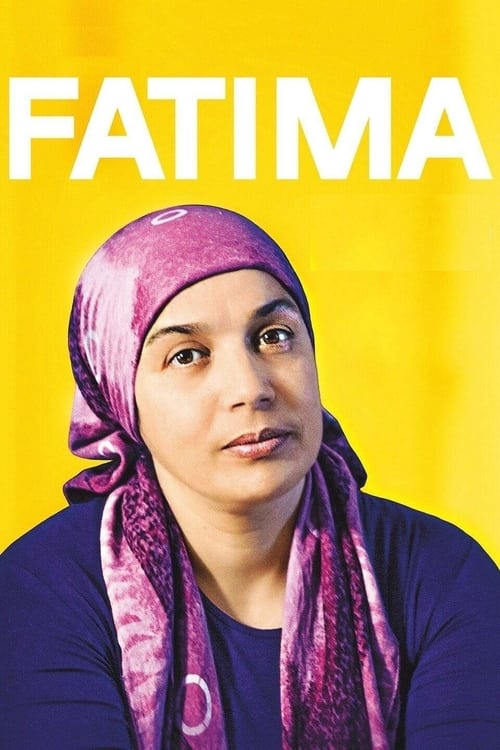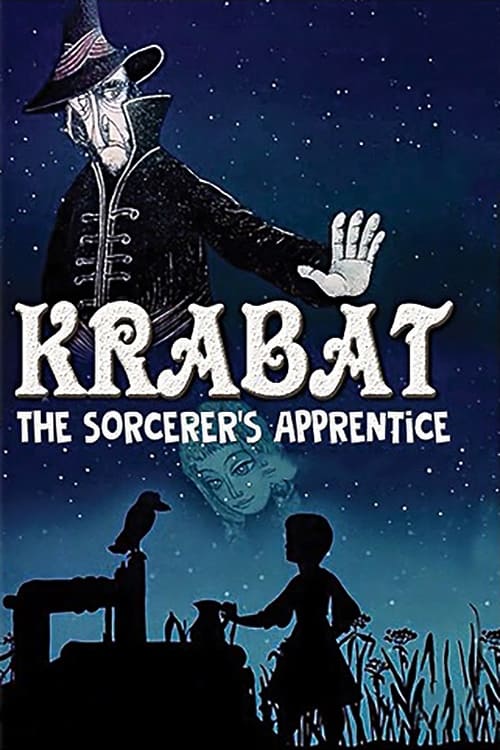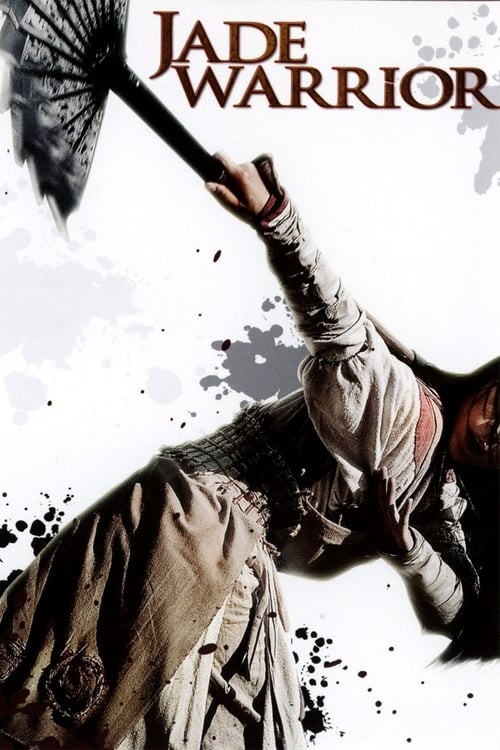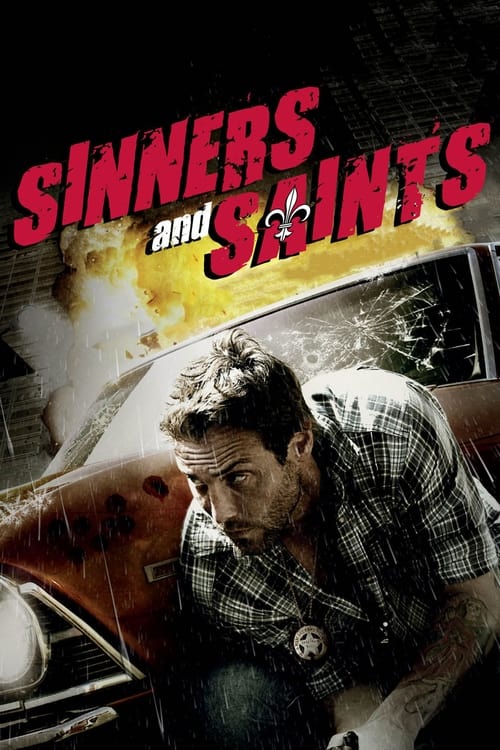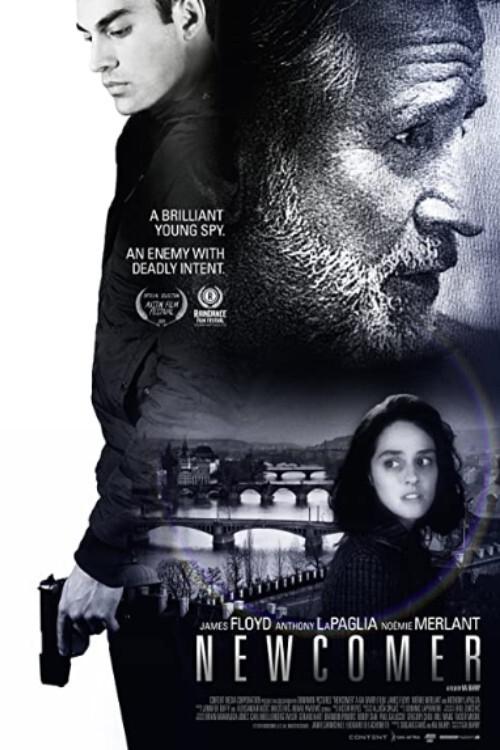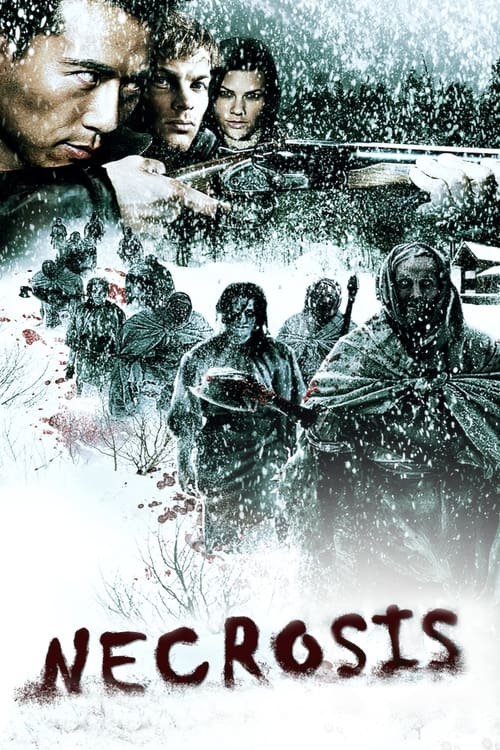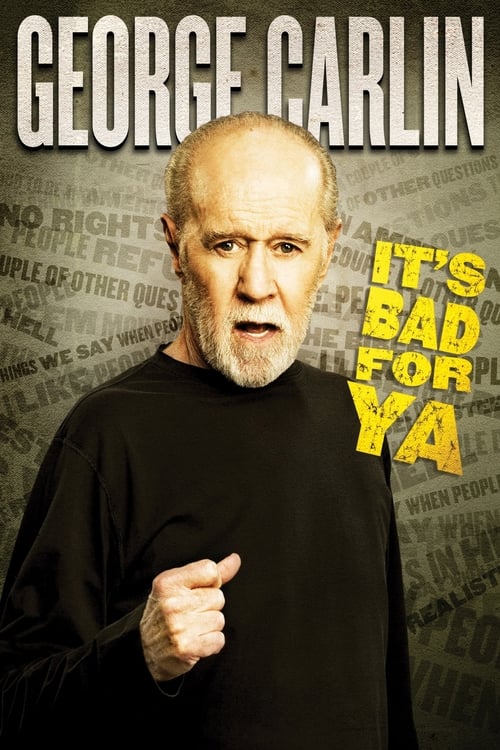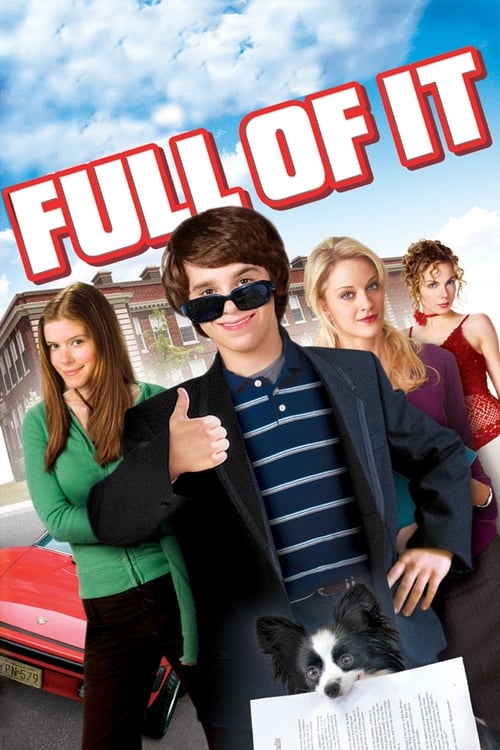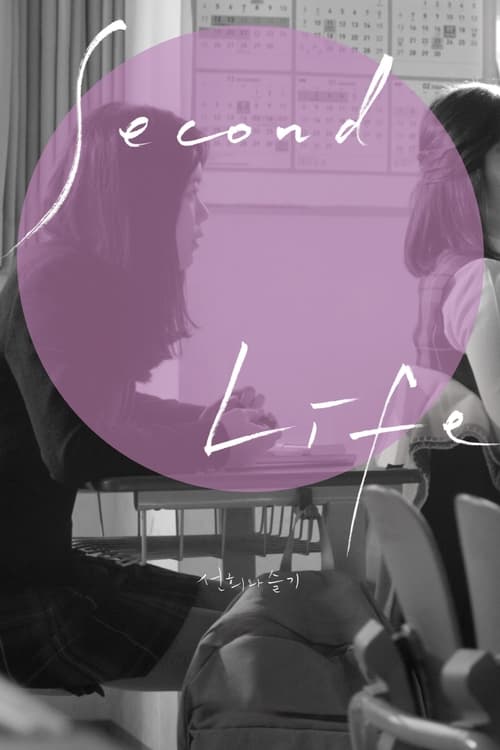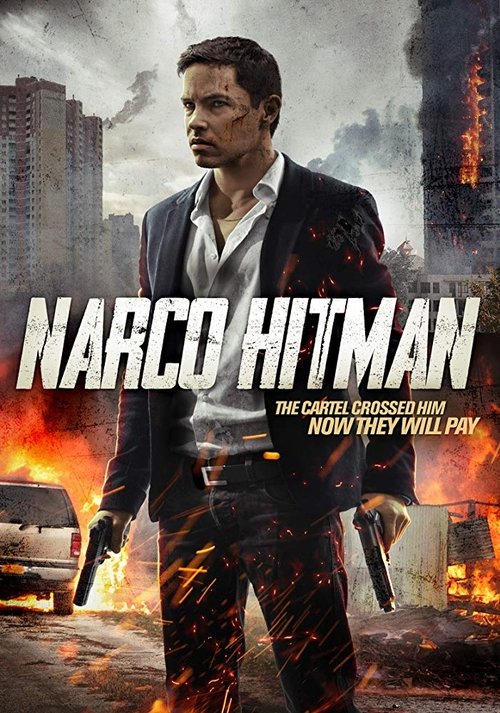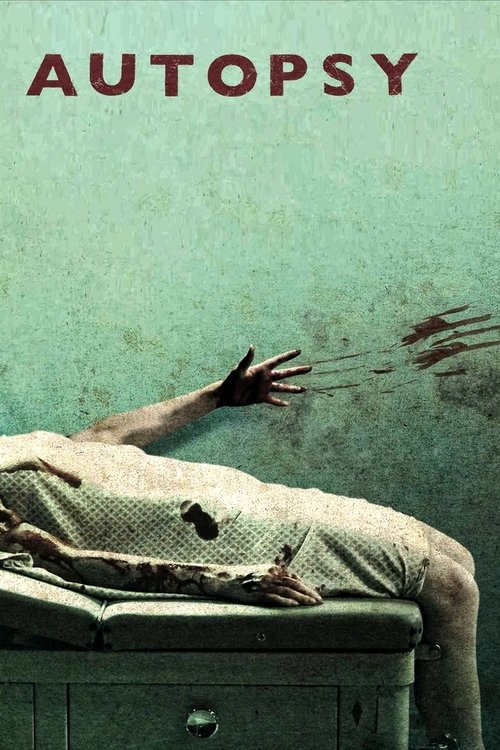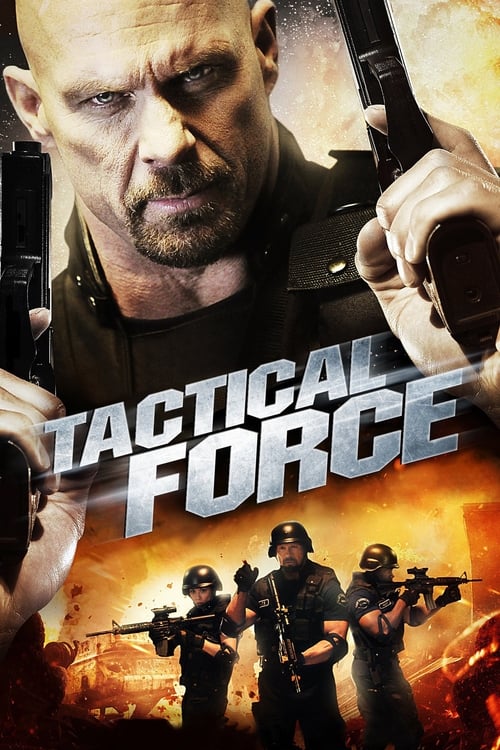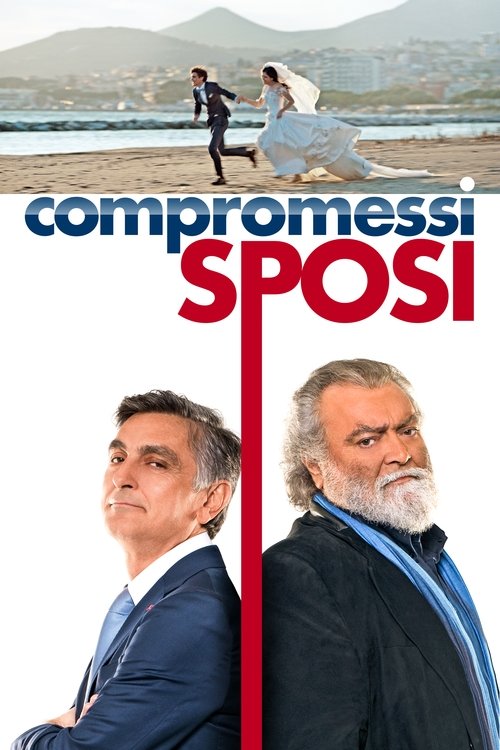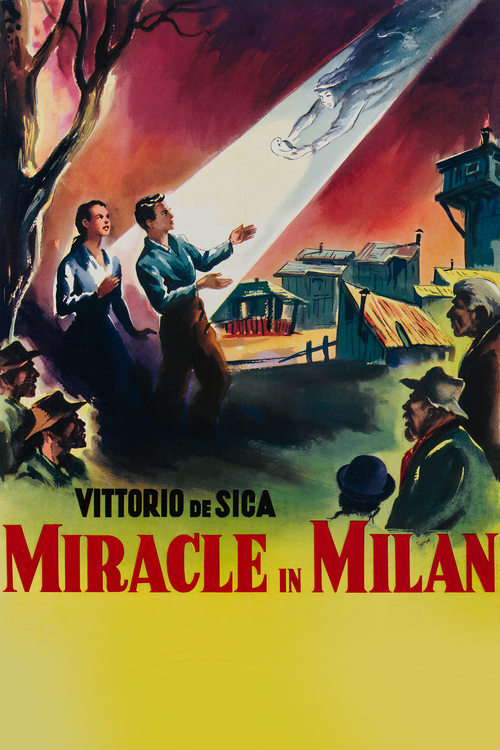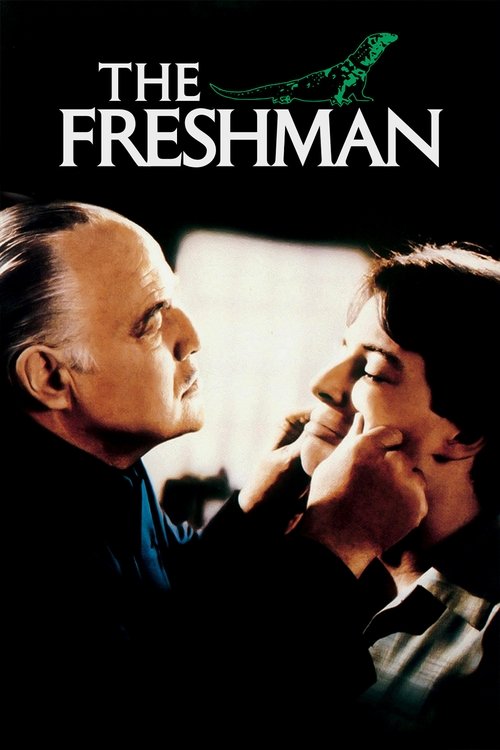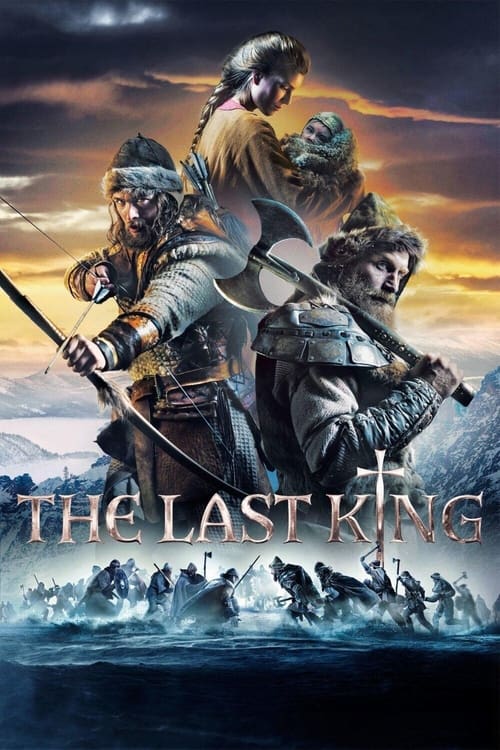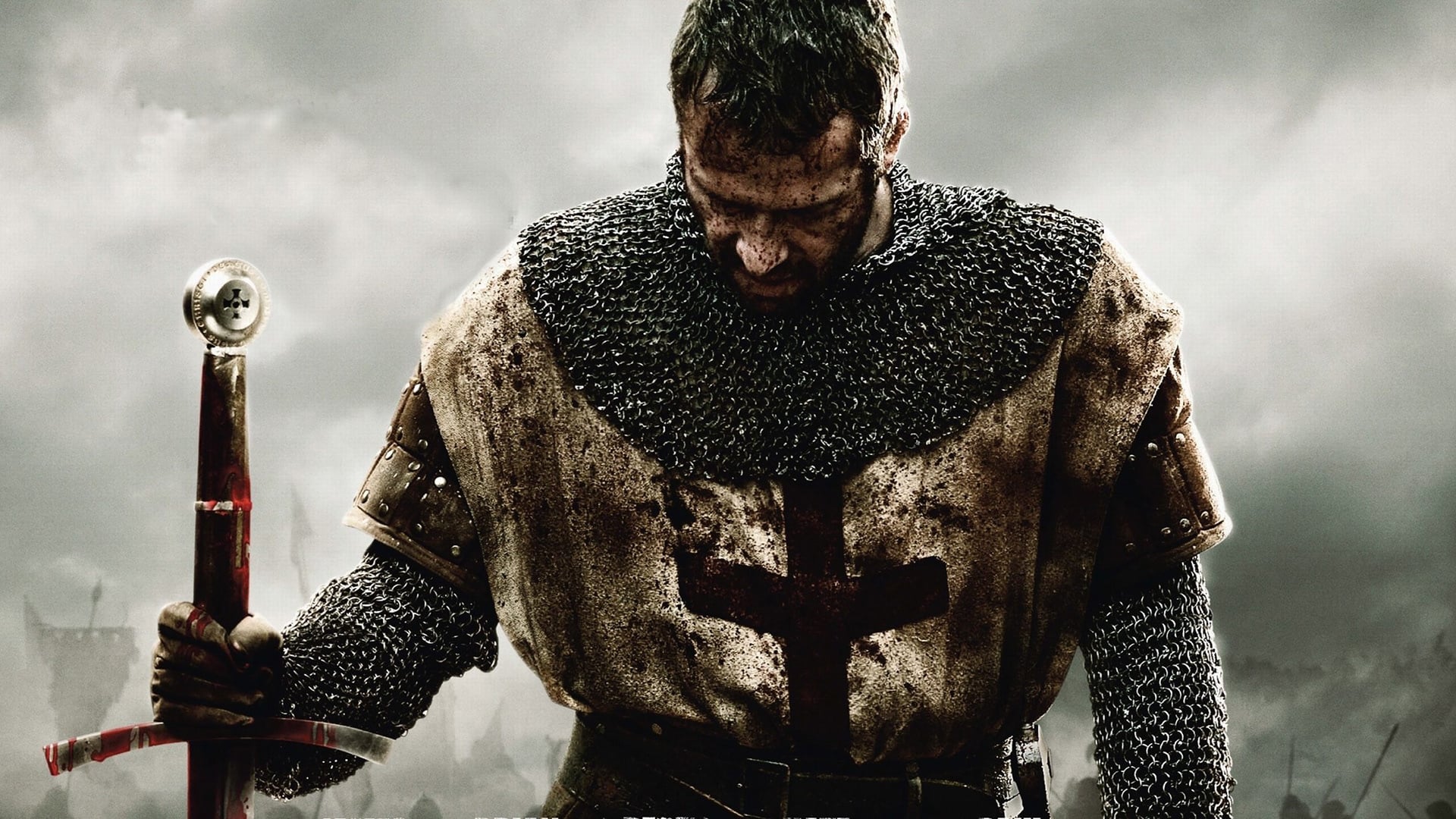
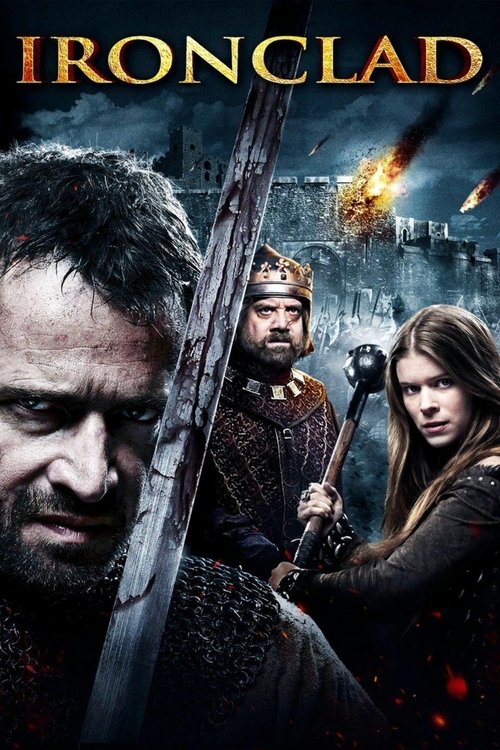
2011
·121m
Ironclad
Summary
In the year 1215, the rebel barons of England have forced their despised King John to put his royal seal on the Magna Carta, a seminal document that upheld the rights of free men. Yet within months of pledging himself to the great charter, the King reneged on his word and assembled a mercenary army on the south coast of England with the intention of bringing the barons and the country back under his tyrannical rule. Barring his way stood the mighty Rochester castle, a place that would become the symbol of the rebel's momentous struggle for justice and freedom.
Reviews
FilipeManuelNeto
February 23, 2024
**A film about a true fact in history, which is entertaining, but not very rigorous.**
In 1215, during the First Barons' War, which occurred in the aftermath of a revolt and the signing of the Magna Carta, King John of England had to lay siege to Rochester Castle, a strategic point in his kingdom which, in the meantime, had fallen into power of the barons who revolted against him. What the film tries to do is to show us that siege, and give us a good story around it. And being a relatively well-known historical fact (at least for those who have studied English history), I believe that spoil does not apply if we talk a little about what happened at the time.
Of course, a film like this is not a documentary, but the more rigorous it is, the better it is, in my opinion. And this film, despite making an effort, is not rigorous in its portrayal of the historical moment. It is true that the siege of Rochester was a landmark in this war, and the castle was defended by a force significantly inferior to the attacking force. The siege, however, only lasted a few weeks whereas the film suggests months passed. As the film reveals, the castle was targeted by a mine. That was true, but before, the king's troops did the same thing to the outer wall, and none of these operations were done by burning dozens of pigs alive! And although the film shows the castle isolated on a plain, the truth is that Rochester was already a city of considerable size and even had a cathedral, which was then looted and used as a stable by the king's troops. At the end of the siege there were dozens of survivors (including William d’Aubigny) and, despite being punished, the truth is that John did not massacre them. As for the participation of the Templar's, I have doubts. It is true that they were active in the English kingdom, but I have not read anything that proves their participation in the conflict. I can also assure you that they did not dress the way the film shows them. And having said that, I believe I managed to say some of the differences between the historical truth and the portrayal made in the film without spoiling it.
The best thing about this film are the action scenes. Despite the lack of verisimilitude, the fights are impressive enough to make the film spectacular and give fans of the genre everything they like: the combats look formidable, and the sword blows split men in half like puddings. The catapult attack also has its charm, even though the shots almost have the effect of explosive artillery bullets, which is ridiculous for a historian. The cinematography is very good, the props, costumes and sets do the job, even if they are not historically accurate, and the soundtrack has an understated epic sense that sounds good and harmonizes with the film. At one point, the film reminded me of “300”, but here they don't fight using just their panties.
Another very strong point of this film is Paul Giamatti's extraordinary performance in the role of a perfidious and sadistic King John. He is an actor for whom I have a certain sympathy and for whom I recognize talent, as I have already had the opportunity to say before, and despite having played a character worthy of being execrated, he did so with enormous panache and avoided making the mistake of being histrionic or transforming the character into a bloodthirsty without purpose. James Purefoy and Brian Cox try to keep up, and at least Cox manages to do so. Purefoy was not so successful: his character is never more than a lone vigilante, a “Batman” on horseback who will save the day at the last moment when everything seems lost. Kate Mara, of course, is the bored damsel of the day, and is fatally doomed to become romantically involved with one of the heroes. Derek Jacobi makes an effort, but his role is not very interesting.
Media
Status:
Released
Original Language:
English
Budget:
$25,000,000.00
Revenue:
$5,151,023.00
